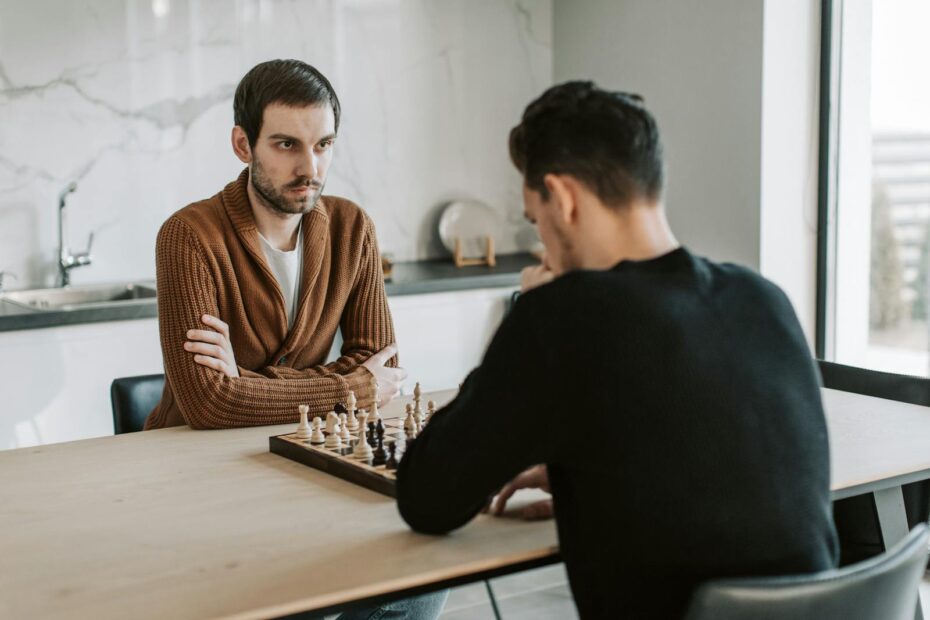Chess, often considered the game of kings, has long captivated minds with its strategic depth and intellectual challenge. However, not everyone knows that this two-player game can also be a solitary journey towards improving one’s skills and understanding. Playing chess by yourself is not only possible but also a great method to enhance your cognitive abilities, strategies, and foresight. This guide provides you with detailed steps on how to engage in chess solo, turning a seemingly social game into a personal workshop for your mind.
Choosing Your Solo Chess Method
To start playing chess by yourself, you first need to decide on the method. There are several approaches to solo chess, each with its benefits and learning opportunities.
- Playing Both Sides: Act as both competitors, attempting to win from either side. This method improves your ability to predict opponents’ moves.
- Solo Puzzles: Solve chess puzzles and scenarios to enhance specific skills, such as endgame strategies or opening tactics.
- Chess Apps: Use chess software or apps designed for solo play, offering various levels of AI opponents.
Setting up Your Chessboard
Once you’ve chosen your method, the next step is setting up your chessboard. Here’s a basic guide:
| Piece | White Position | Black Position |
|---|---|---|
| Pawns | 2nd Rank | 7th Rank |
| Rooks | a1, h1 | a8, h8 |
| Knights | b1, g1 | b8, g8 |
| Bishops | c1, f1 | c8, f8 |
| Queen | d1 | d8 |
| King | e1 | e8 |
Improving Your Solo Chess Skills
Playing chess by yourself is not just about moving pieces on a board; it’s an opportunity to deepen your chess knowledge and sharpen your skills. Here are some tips:
- Focus on understanding the value and power of each piece.
- Practice opening strategies and learn at least two openings well.
- Constantly challenge yourself by setting up difficult endgame scenarios to solve.
- Analyze your own games or famous historical games, trying to understand the reasoning behind each move.
Tracking Your Progress
As with any skill, tracking your progress in solo chess play is crucial. Keep a journal of your games, including both victories and losses, and note what you’ve learned from each session. Using chess software, you can review your performance over time and identify areas for improvement.
In conclusion, playing chess by yourself is not only a fun and challenging way to pass the time but also a productive method to enhance your overall chess strategy and understanding. By following this guide, you’re on your way to becoming a more formidable player, ready to take on any opponent, whether on the board or in the digital realm.
